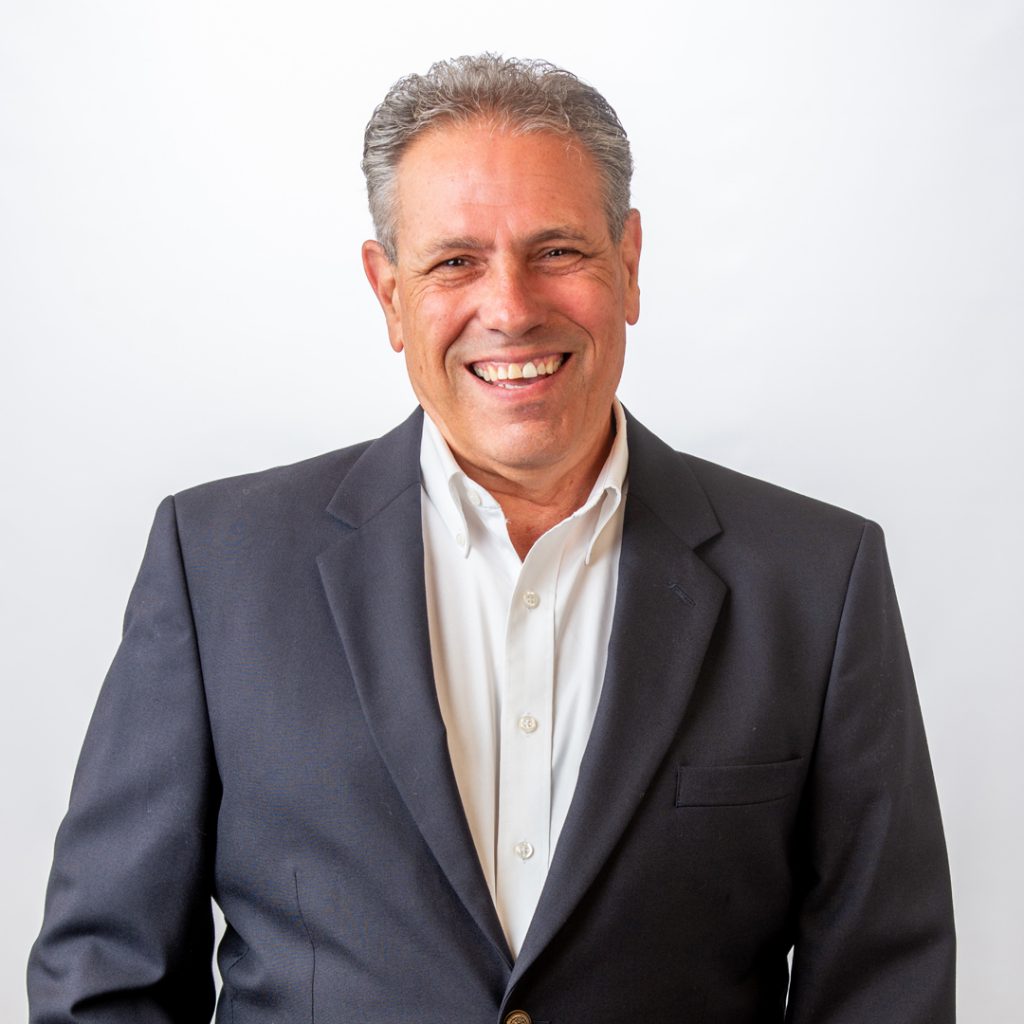Rigging the election is just not that easy

There’s an old adage that Americans hate Congress but love their own congressman, and the poll numbers over the years prove it. While Congress consistently has approval ratings of less than 20 percent, more than 90 percent of incumbent members of Congress get re-elected every two years.
I bring this up as we watch President Trump and his legal team traveling the country challenging elections results from Arizona to Pennsylvania and from Wisconsin to Georgia, trying to reverse the election result that shows Joe Biden easily winning, in both the popular vote and the Electoral College. And, amazingly, a new poll this week by Reuters/Ipsos shows 52 percent of Republican voters believe Trump “rightfully won” the election, despite a growing number of the party leadership quietly conceding the president lost.
So, if the numbers in the 50 states show Biden is winning, and Trump’s endless court challenges are losing, where is this grand conspiracy to deny Trump re-election? And where is the outcry from local voters about the local results? How could Biden get 5 million more votes than Trump, and do it surreptitiously, when there are 3,141 counties across the U.S., all with their own elections apparatus, all with their own elections boss.
I decided to ask Marion County’s own elections chief, Wesley Wilcox.
Wilcox, a Republican who was just re-elected unopposed to a third term as supervisor of elections, chuckled when asked if he was part of a grand conspiracy to rig the election in Biden’s favor. He said he just focuses on running a “smooth” election, and he believes he did that in 2020.
“I have never conducted a ‘perfect’ election,” Wilcox said. “Yeah, we have some isolated incidents, but all in all I’d give us a 96 percent. For the size, this presidential election is the best presidential election we’ve ever conducted.”
Best means, among other things, secure from tampering — and Wilcox should know. He sits on the national board of ISAC, short for Information Sharing Analysis Center. ISAC is a national consortium of agencies and organizations that monitors the cybersecurity of America’s online infrastructure, and that includes its elections systems.
“We are monitoring more things today than was ever conceivable four years ago,” said Wilcox, who holds a degree in computer technology.
And as for a cabal of elections supervisors like him conspiring to throw an election, one way or the other?
“I know these people across the U.S.,” he said of his fellow supervisors. “We get within six weeks of an election and politics is the furthest thing from our minds. We’re focused on administration.”
In other words, Wilcox and his election brethren are worried about what poll sites are available, which ones aren’t, how many poll workers they need and whether the voting equipment is working.
And being in Florida – or as some have dubbed us since the 2000 Bush-Gore presidential election debacle, Flori-DUH – is an added benefit.
“The lucky part out of this thing is we in the state of Florida have been in the spotlight since Nov. 7, 2000,” he said. “We are scrutinized every election. And it has led to legislative and structural changes, and those have paid off.”
Wilcox, who rose from elections office systems administrator to deputy supervisor under former Supervisor of Elections Dee Brown before succeeding her, said another big change since the 2000 election is the role and the perception of supervisors of election. Their position is held in much higher regard and faces much more oversight.
“Prior to November 2000, supervisors of elections were an afterthought,” he said. “Never had been a spotlight position. Never had been in the news … and they shunned attention because they weren’t the story, the people who were getting elected were.
Then came Bush-Gore.
“The position has never been the same since,” he said.
And, for Wilcox, the job has gotten bigger. When he joined the office in 2001, there were about 145,000 voters in Marion County. Today there are more than 267,000 voters across the county.
The other thing that has changed, especially in 2020, is the rise of voting by mail. Some 90,000 Marion Countians voted by mail in this most recent election, Wilcox said, compared with about 800 “back in the day.”
So, is there any real threat of voting fraud? Well, Wilcox sees one, especially with the proliferation of voting by mail.
“What’s preventing someone from voting in Michigan and in Florida?” he asked rhetorically.
Not much … right now. That said, Wilcox said ISAC is working feverishly with states to develop a national database that would monitor voting of individuals nationwide, a database Florida and Michigan officials would tap into to ensure no one is voting in two different states.
No, the job of being an elections supervisor isn’t what is used to be.





